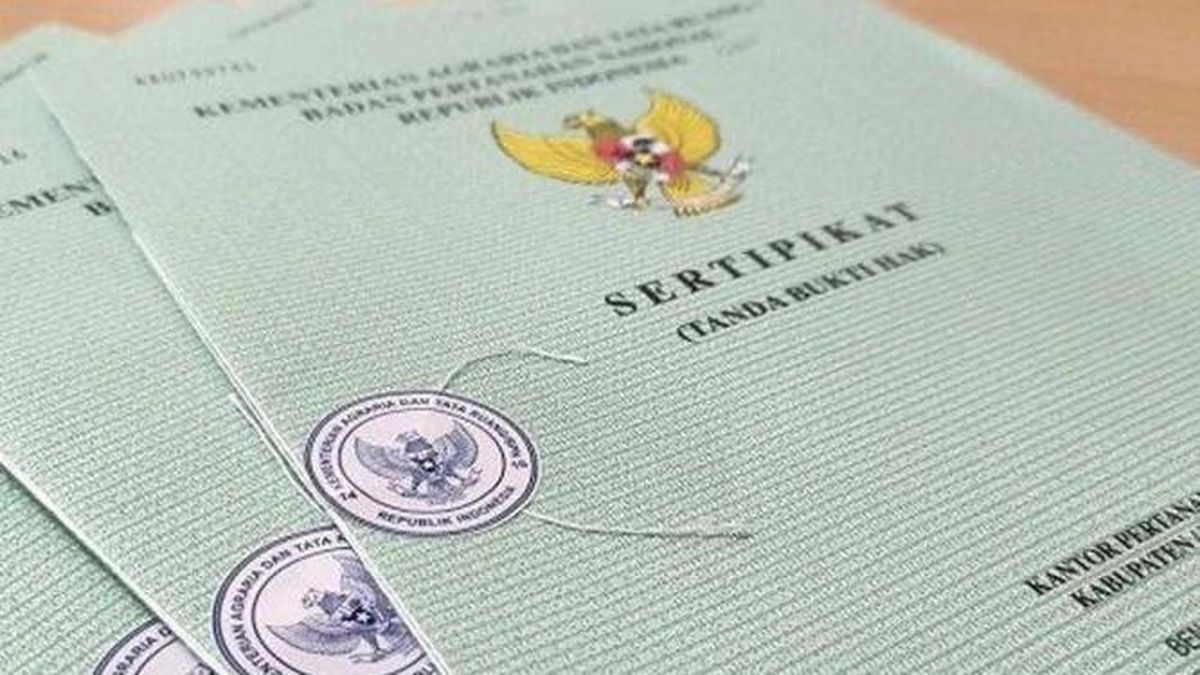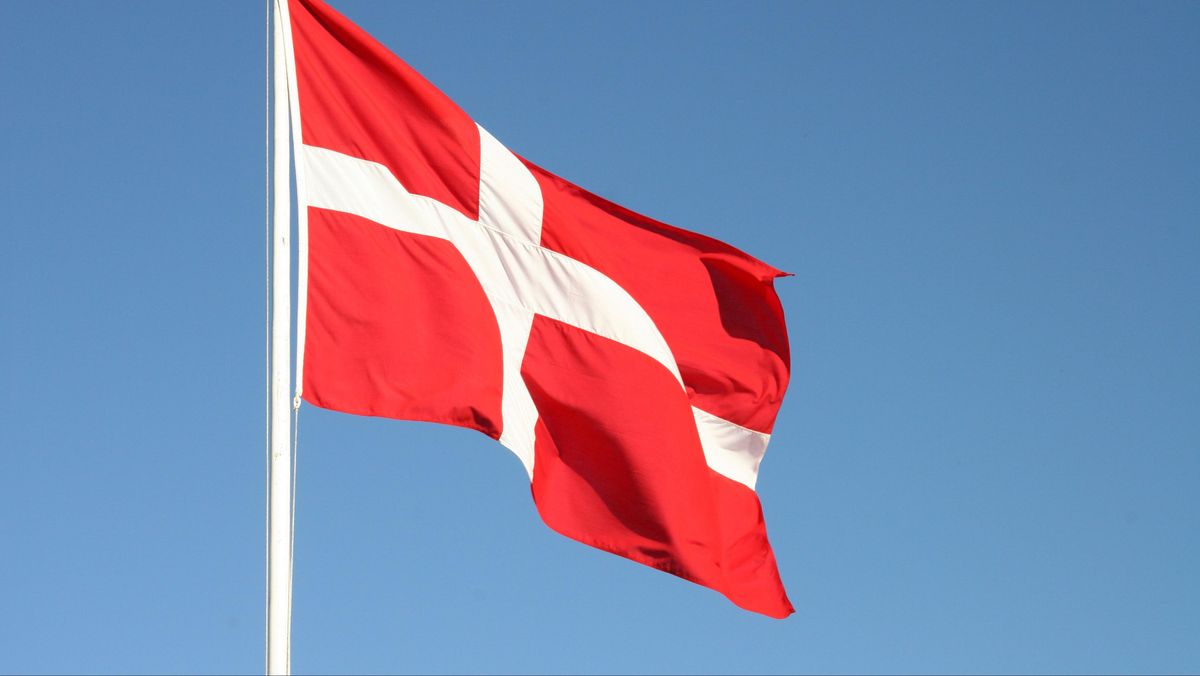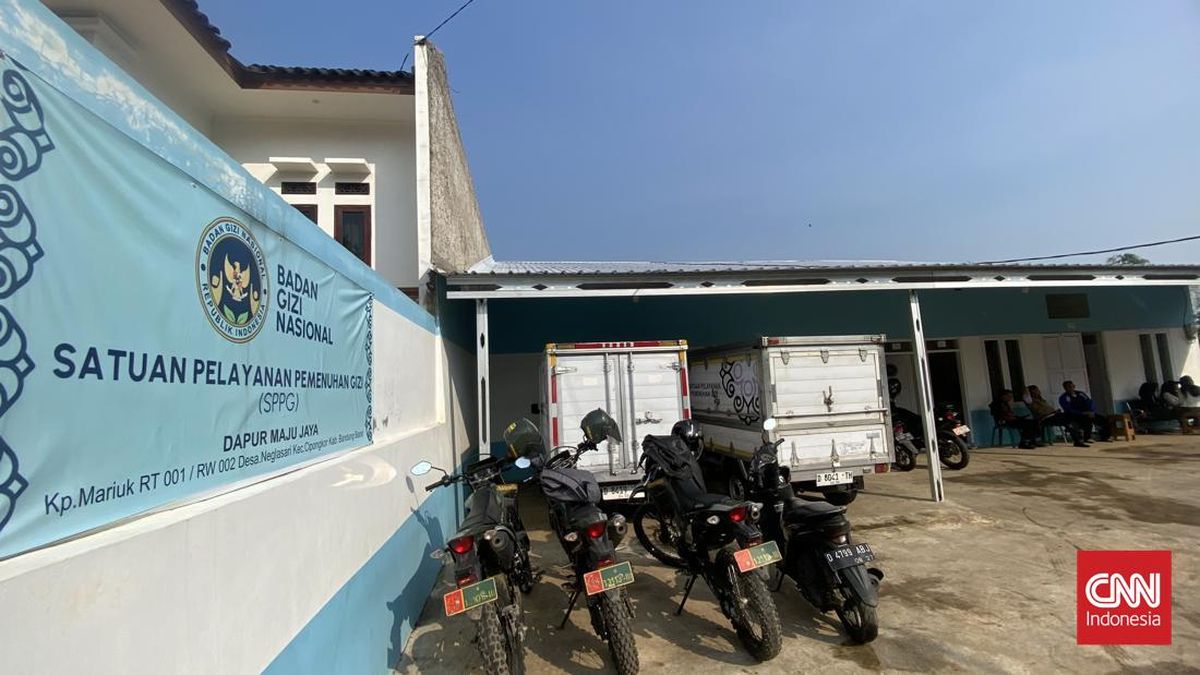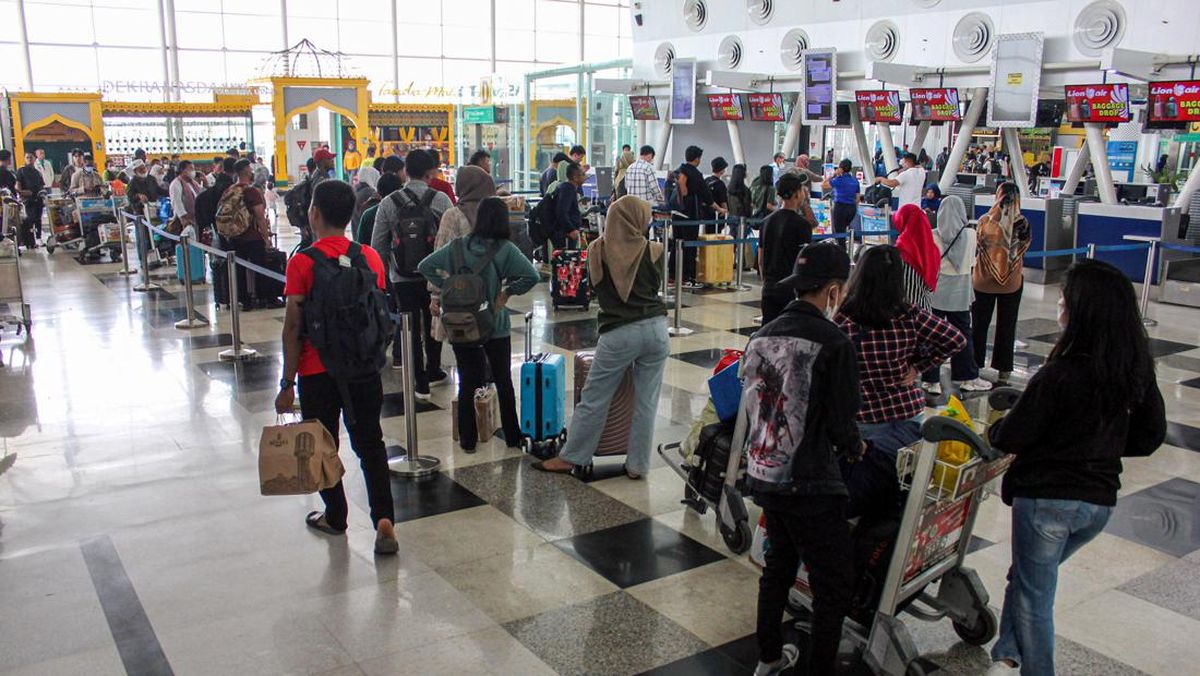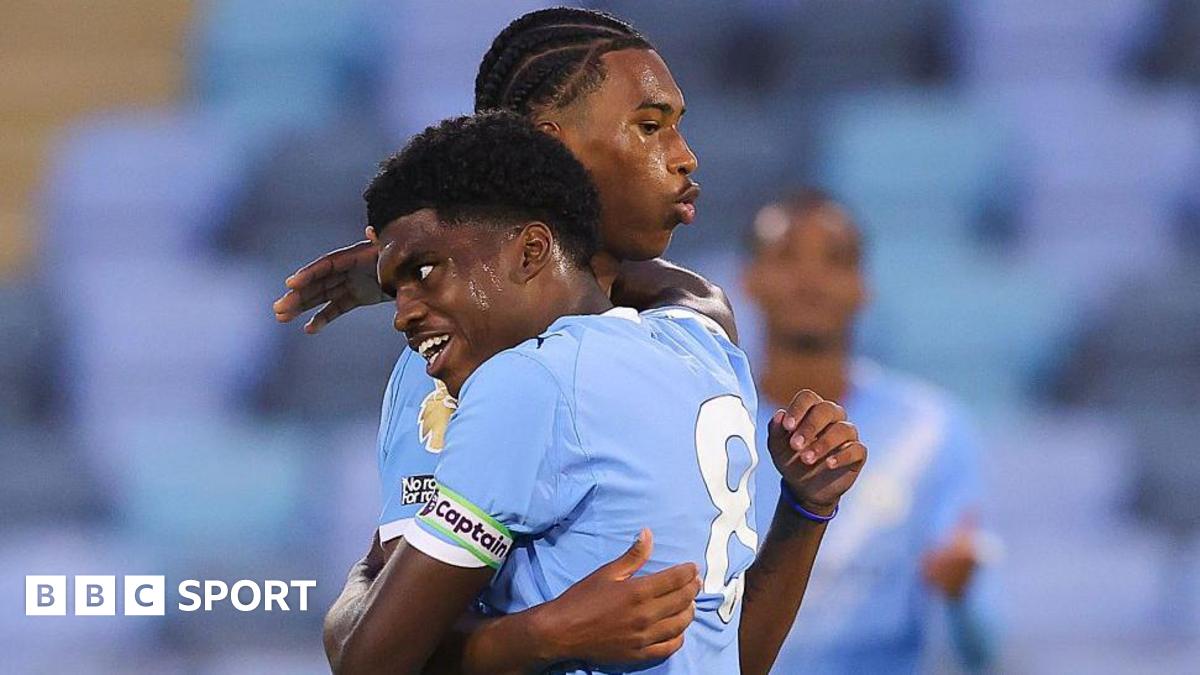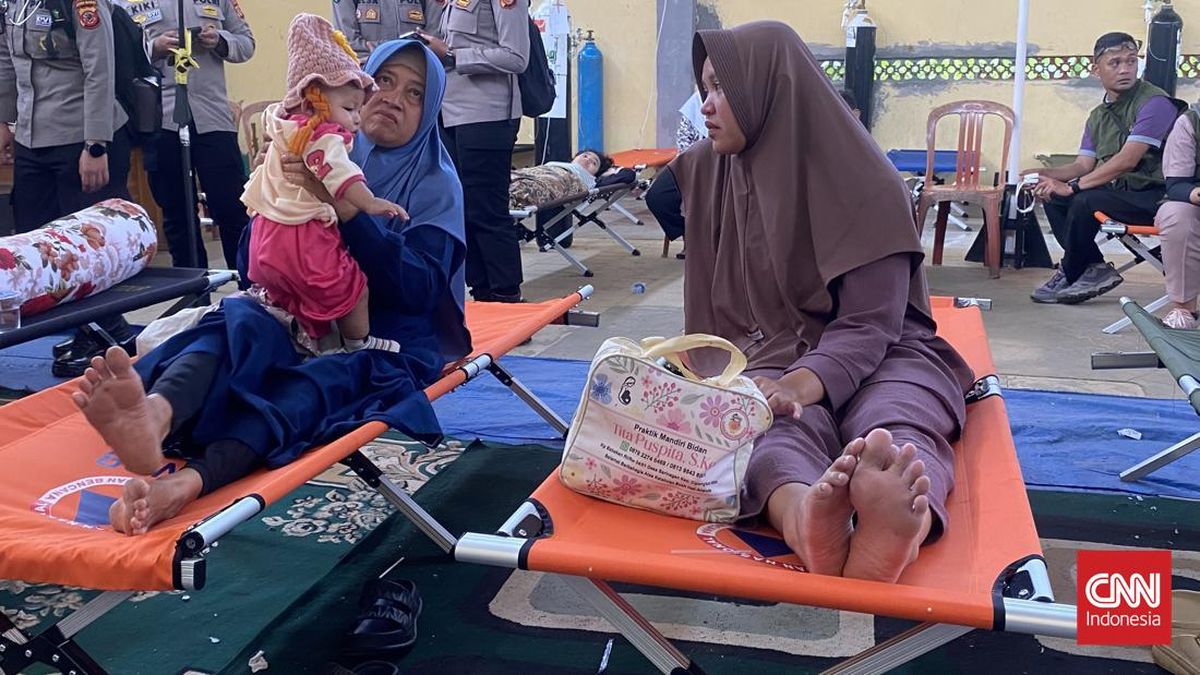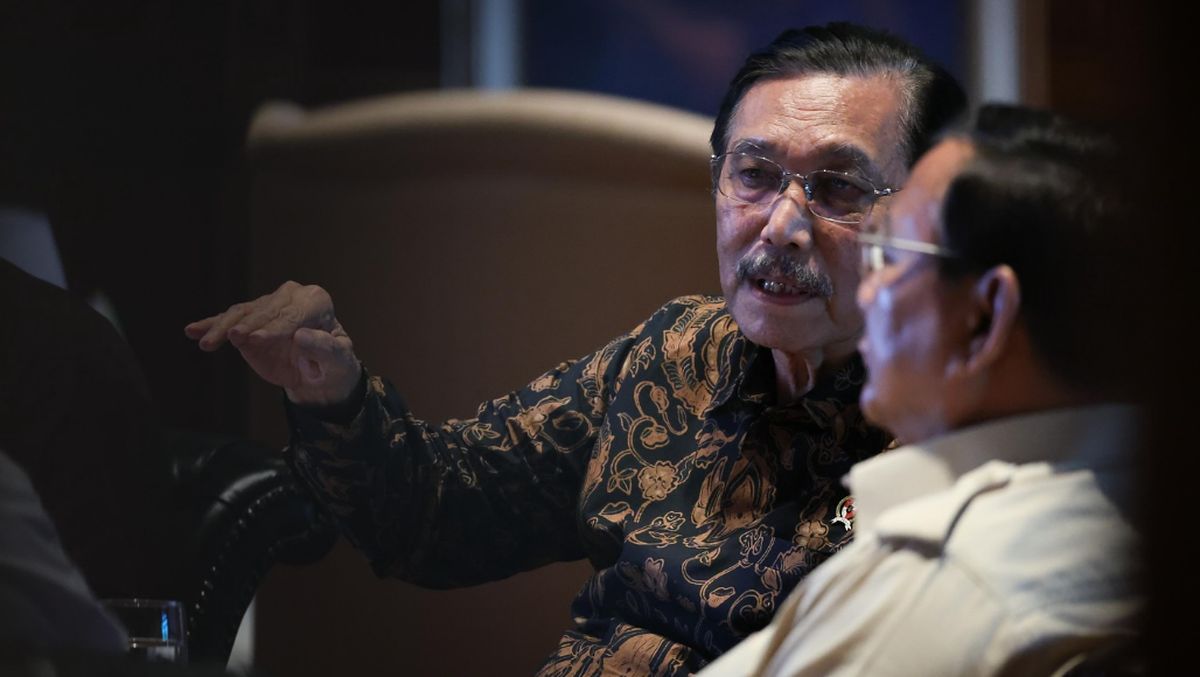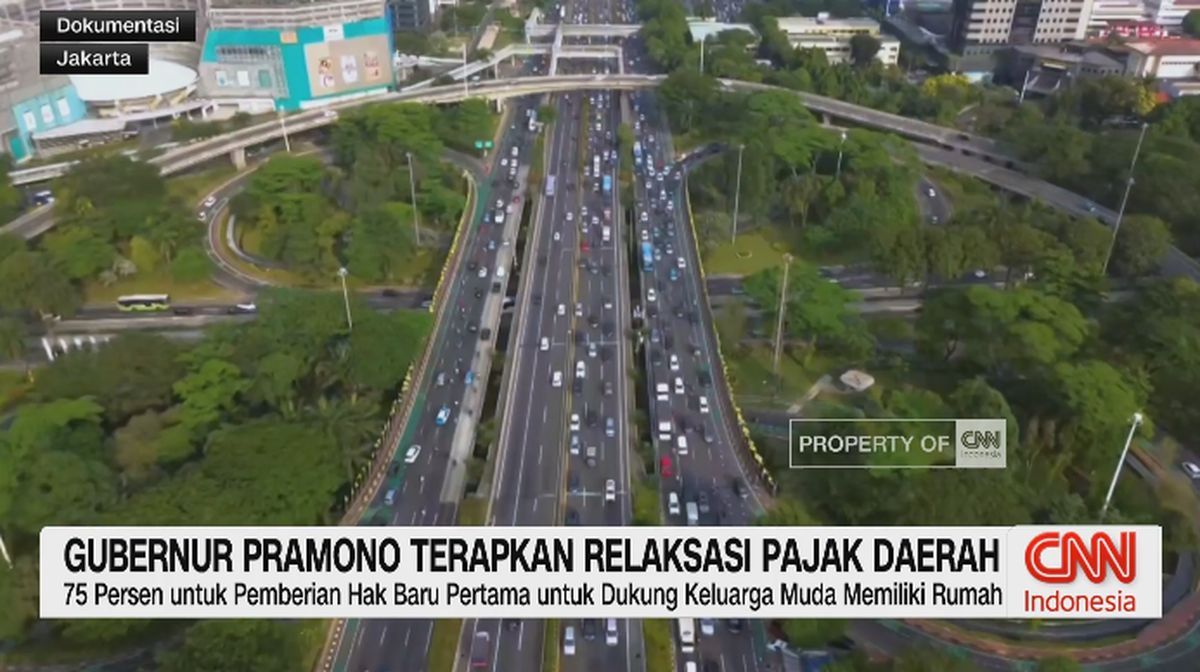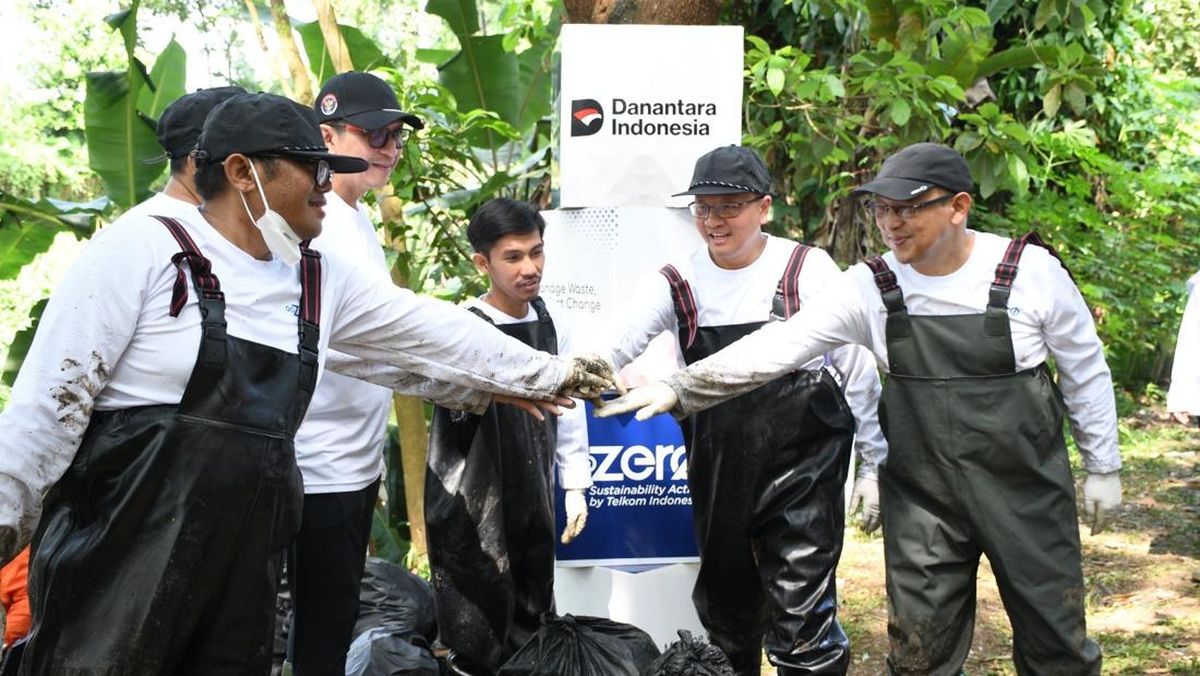More than 24 hours later, Optus chief executive Stephen Rue would be fronting cameras at a hastily convened press conference, visibly strained. He told reporters that 600 emergency calls – not 10 – had gone unanswered. The air went out of the room as he revealed the fatal consequences.
“I have been advised that during the process of conducting welfare checks, three of the Triple Zero calls involved households where a person tragically passed away,” he told reporters.
“I extend my deepest condolences to their families and friends, and I promise that we will fully co-operate with any and all investigations.”
He admitted his company had failed to detect that emergency calls were not connecting. There were no alarms, no automated red flags. Instead, Rue and other executives at Optus’ Macquarie Park headquarters realised the severity of the failure only at 1.30pm on September 18 – more than 12 hours after calls first started to fail – when South Australian emergency services made direct contact.
By then, the damage was irreversible.
The full timeline, for Optus and for the affected families, is devastating. Triple Zero calls started failing on September 18 at 2.17am in Western Australia while the firewall update was under way.
At 9am, two customers called Optus’ overseas call centres to complain they could not connect to emergency services. Those calls were not escalated. Rue later admitted Optus had 3600 offshore call centre staff and just 250 in Australia, but declined to say exactly where the missed calls were answered.

Optus has 3600 offshore call centre staff and just 250 in Australia.Credit: Getty Images
At 11.30am, the Telecommunications Industry Ombudsman received a complaint from a person who could not get onto Triple Zero, which five minutes later was referred to Optus. At 1.30pm, a customer reached out to Optus directly, followed 20 minutes later by South Australia Police and the ambulance service, who reported connection problems.
Rue, who was at Optus’ Macquarie Park headquarters in Sydney, was pulled out of a meeting and told the details. The firewall update was halted.
At 11.20pm, Optus told WA Police that 26 calls had failed to connect, describing it as a “minor outage”.
The next day, the scale of the catastrophe grew, but the public remained unaware. By 3.40pm on Friday, September 19, Optus told Minister Wells the true number was 100.
At 4pm, the tally jumped to 600. By then, three deaths had been confirmed: an eight-week-old boy in Gawler West, a 68-year-old woman in Queenstown, and a 74-year-old man in Willetton.
At 5.45pm, arriving 15 minutes late, Rue faced the nation.
It was the first time the public had heard about the outage. South Australian Premier Peter Malinauskas, blindsided, erupted an hour later. “I have not witnessed such incompetence from an Australian corporation in respect to communications worse than this,” he said.

SA Premier Peter Malinauskas.Credit: AAPIMAGE
By Saturday, September 20, Rue conceded Optus call centres had been informed as early as 9am on Thursday, September 18. He apologised for late notifications to premiers and committed to appointing an independent reviewer.
Later that day, WA Police confirmed a fourth person, a 49-year-old man from Kensington in Perth, had died after failing to connect to Triple Zero.
On Sunday, September 21, SA Police said the death of the eight-week-old baby was unlikely to be linked to the outage, after his grandmother quickly borrowed another phone to call emergency services. Later that afternoon, Rue ordered an immediate halt to all further network changes.
By Monday morning, the Australian Communications and Media Authority confirmed it was investigating, and an incensed Minister Wells, who postponed a trip to New York City, declared Optus would be “held accountable”.
The parallels with the November 2023 Optus outage were inescapable. That nationwide outage left more than 2000 Australians without access to emergency services. Optus was fined $12 million in 2024, and Rue himself assured regulators and the public it would not happen again. Now, less than two years later, it has.
Outages happen, and they happen regularly. But Optus executives have again provided a masterclass in mismanagement and, ultimately, tragic incompetence, in events that have variously been described as “disgraceful”, “devastating” and, in the words of its own chief executive, unacceptable.
Loading
Optus’ owner Singtel’s top boss, chief executive Yuen Kuan Moon, will touch down in Sydney on Monday to attend an Optus board meeting where he is expected to answer questions about whether under-investment left emergency communications exposed. Wells has also demanded a face-to-face meeting.
What makes this disaster particularly galling is how preventable it was. Optus had successfully completed identical upgrades in the past. The protocols existed; the safeguards were in place. But this time, the network engineers, working across Sydney and Chennai, India, simply didn’t follow them.
Rue has dismissed claims that the outage was linked to staff shortages or the offshore location of call centres, and declined to say whether Nokia – which runs Optus’ Chennai call centre – bore any responsibility.
Prime Minister Anthony Albanese and opposition communications spokeswoman Melissa McIntosh are among those asking whether Rue should be replaced. But Rue, the accountant-turned-chief executive, will hold onto his job.
Until now, his reputation had been one of sure-handed, quiet diligence. A man comfortable with a challenge, which is the reason he told people privately he had taken on the Optus job. The last week has tested those limits. “There are no words that can express how sorry I am,” he told reporters.

Singtel chief executive Yuen Kuan Moon.Credit: NurPhoto via Getty Images
Internally at Optus, staff have been sending Rue messages of support. Soon after the incident, he held an all-staff video meeting to talk through the company’s response. An executive at a rival telco, who wished to remain anonymous, says firing Rue would solve nothing.
“Optus’ future depends on how willing Singtel is to dig deep, invest, and let Stephen get on with the job.”
Rue has steadily surrounded himself with familiar faces over the past year. His corporate affairs chief, Felicity Ross, is a long-time ally as is Kathy Lipari, a News Corp veteran who worked alongside him for years. She steered Optus’ messaging through the data breach and is again stage-managing the optics now. Jane McNamara, a long-time NBN Co corporate affairs and crisis management executive under Rue, is also shortly joining Optus.
Loading
Critics say that despite the executive turnover, the company is suffering from the same defensive corporate culture, some of which it has inherited from its Singapore paymasters. And some key personnel have remained at Optus’ helm through the scandals, including chief financial officer Michael Venter and former NSW premier Gladys Berejiklian.
“Trust repair is a long, hard road,” says QUT trust expert Dr Shannon Colville. “One-off apologies are not enough. Sustained action and leadership accountability are what matter.”
Questions are now turning to Singtel, which cut investment in the Australian mobile network by $237 million last year. Singtel is 51 per cent owned by investment giant Temasek, which is fully owned by the Singapore government. Singtel wholly owns Optus.
The Optus board, meeting daily since the outage, has commissioned corporate veteran Kerry Schott to lead an independent review. Schott will examine the technical failures, operational management of Triple Zero calls, and adherence – or lack thereof – to policies and legislation. The Australian Communications and Media Authority has kicked off its own investigation into whether Optus broke strict rules on emergency access.
“What has occurred is clearly unacceptable … I particularly express my deep condolences to the families and friends of the four people who passed away,” Optus chairman John Arthur said on Wednesday. The review will report before year’s end and be made public.
There are also now deeper, more existential questions about whether Singtel is the right owner for Optus going forward. Singtel faced those queries during its past mass outage and cyberattack, and the chorus will now grow louder. The incident has again highlighted cultural differences: Singapore’s distinctive approach of hierarchical management, risk aversion and formality may have contributed to a lack of communication with the government and customers.
Privately, Rue says that he insisted on reporting to a local board – rather than directly to the Singtel board as was the case previously – as a condition of taking on the CEO role.
Singtel has publicly assured its “long-term commitment” to Optus, but privately was in advanced discussions to sell a significant stake in the business to Canadian private equity giant Brookfield as recently as 2024, in talks that eventually broke down. Singtel has owned Optus since 2001.
Helen Bird, a governance expert at Swinburne University, says Optus’ repeated failures highlight the risks of running an Australian essential service as a wholly owned subsidiary of Singapore’s Singtel.

Alan Fels.Credit: Josh Robenstone
“A lot of decisions about resourcing and risk management are left to Singapore,” she said. “It’s that absence of responsibility on the ground that really makes the difficulties.”
She says that local ownership could drive stronger accountability, though ultimately, what matters is governance. “It doesn’t honestly matter who owns it. They’ve got to provide appropriate governance and risk management because they are supplying an essential service.”
Some changes are certain: a new Triple Zero watchdog, which is being fast tracked by Minister Wells’ office. Optus will also pay heftier fines than the $12 million it doled out after its 2023 outage. TPG and Telstra are now reviewing their own processes.
There are small but growing calls for Optus to have conditions imposed upon its telecommunications carrier licence - or for it to be revoked altogether - in what would be the most severe outcome for Optus. The telco this week was also ordered to pay a $100 million fine for what the Federal Court’s Justice Patrick O’Sullivan described as appalling conduct, including selling phone plans to people with mental disabilities and people suffering from financial hardship, and then setting debt collectors onto those customers when they didn’t pay up.
Former competition tsar Alan Fels says Optus’ licence should be reviewed.
“Three huge failures ... there is something wrong with the company,” he told the ABC.
Amid those protestations, there remains a widespread insistence across the sector that a healthy and robust Optus remains critical for Australia’s telecommunications industry and long-term competition. An estimated 250,000 to 300,000 customers ditched Optus after its last outage, and the battered telco is certain to bleed customers again now.

Communications Minister Anika Wells and Australian Communications Media Authority chair Nerida O’Loughlin address the media in Brisbane on Monday morning.Credit: Nine
Telecommunications industry commentator Mark Gregory stresses that Australia cannot afford to see Optus diminished, despite public frustration. He says he doubts Singtel will sell Optus, given its strategic importance. “It’s important to have a number of companies offering telecommunications products and services to provide competition and to potentially lower costs,” he says. “We have three major mobile carriers, and over time we’ve seen Telstra’s dominance diminish. That leads to a more competitive environment.”
Without a strong challenger brand, Gregory warns, Telstra will likely regain lost ground, particularly in SA, WA and the Northern Territory, where the outage hit and where Optus and Vodafone had been building market share. “This type of event will really reverse that trend for a period of time.”
As the scandal drags into its third week, law firms including Slater and Gordon and Shine Lawyers are now mulling potential class actions, and Optus’ millions of customers will ask if enough is enough.
Loading
Even if successful, any legal action would be cold comfort for the families of the dead, who are left asking if they can ever forgive a telco that failed them in their moment of greatest need.
The Business Briefing newsletter delivers major stories, exclusive coverage and expert opinion. Sign up to get it every weekday morning.



